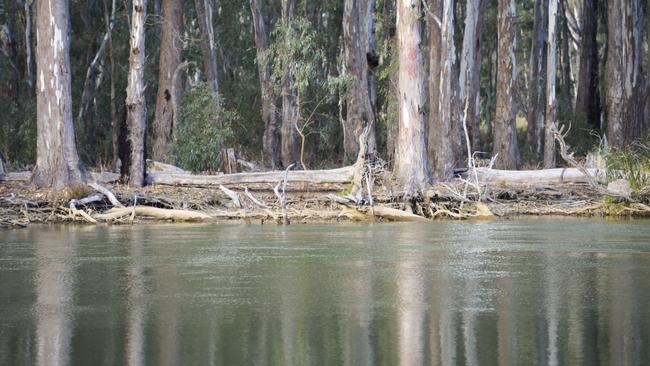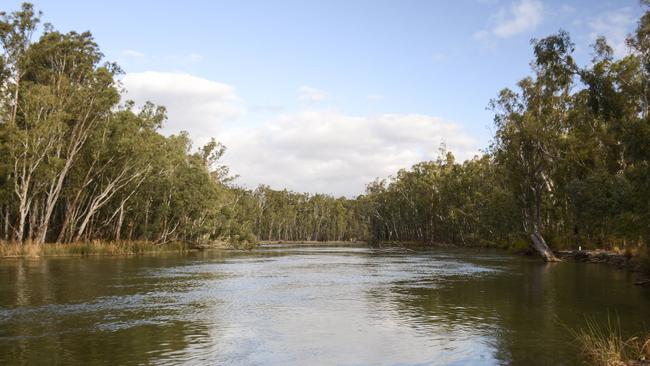Murray River choke failure: slow flow to cost irrigators $230m by 2030
The Barmah choke has been narrowing for 40 years, but state and federal politicians’ failure to take action will cost irrigators dearly.

Doing nothing to clear or bypass the Murray River’s Barmah-Millewa choke will lead to delivery shortfalls that will cost irrigation communities an average $230 million a year by 2030, according Australia’s top water bureaucrats.
The choke’s capacity has declined from 11,500ML/day in the 1980s to about 9000ML/day today, while downstream demand has soared on the back of almond, table grape and other horticultural developments, most of which has occurred on the Victorian side of the Murray River.
But despite 40 years of debate on the need for action, federal and states governments have repeatedly failed to agree on a solution.

State and federal bureaucrats sitting on the Capacity Policy Working Group and its Technical Oversight Committee warn “with no intervention there will be an average system shortfall of 80 gigalitres a year within a decade.
“There is real potential for a shortfall to cause significant economic loss to the regions downstream of Barmah-Millewa and do long term damage to the intergovernmental relationships overall.”
Basin Officials Committee papers that will used to brief next month’s state and federal water Ministerial Council Meeting call for a multi-pronged solution, based on six options, including:
REPAIRING and raising levees along the choke to prevent unseasonal summer flooding of the Barmah-Millewa forest.
REMOVING sediment that has built up in the choke.
GREATER utilisation of Hume Dam to Lake Victoria transfers, to ease pressure on the choke.
A PERMANENT agreement on using Murray Irrigation’s infrastructure to bypass the choke.
USING Victoria’s Mid-Murray storages to provide 30GL of regulated water.
USING the Snowy Hydro Scheme to divert more water down the Murrumbidgee River, which flows into the Murray below the choke.
The briefing papers warn time is running out and that “despite significant effort over multiple years, including the full focus of the Independent Expert Panel, there is no agreement on how to share a shortfall or any clarity on how to progress the issue”.
Federal Opposition water spokeswoman Perin Davey said the risk of delivery shortfalls should be a more urgent issue for the Commonwealth and Basin States than further environmental water recovery.
“Unless something is done, all the water recovery in the world will not make a difference if it can’t be delivered,” she said.
Victoria currently uses about 70 per cent of the choke’s capacity during the peak of summer.
But NSW Water Minister Kevin Anderson’s office said the choke’s capacity “must be shared equally with Victoria”.
Victorian Water Minister Harriet Shing said “we will continue working with other jurisdictions to ensure deliverability remains a priority at the upcoming Ministerial Council Meeting”.




